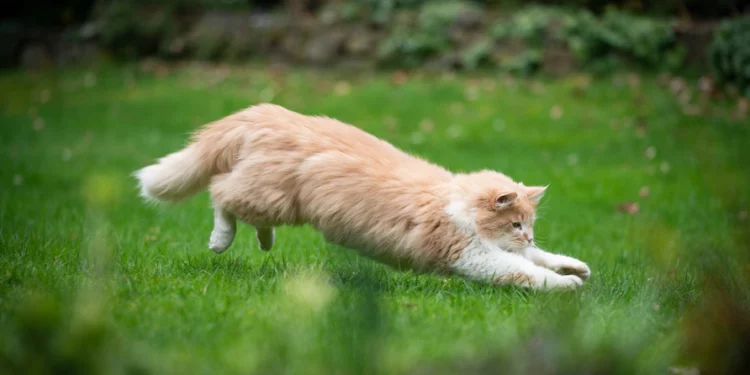Cat owners in Nairobi may soon face an annual license fee and a limit of four cats per household, as outlined in draft animal control regulations by the city government. These measures aim to regulate animal husbandry in the capital.
The proposed bill details rules for transferring cat ownership, including a charge of KES 100 for new owners, while annual licenses will cost KES 200. Public participation for the bill is scheduled for 2nd August 2024 and includes regulations for donkeys, cows, sheep, pigs, and horses.
The draft law mandates annual rabies vaccinations for cats over three months old, with proof required. Only purebred breeding businesses can own more than four cats, subject to a premium license fee of KES 5,000 and an animal control officer’s assessment. All cat owners must apply for licenses from the city government and provide proof of suitable premises for the cats.
The draft rules also prohibit cats from causing noise disturbances in the neighbourhood. Strict regulations are set for keeping cattle, poultry, farmed game, fish, sheep, and pigs within Nairobi. Livestock owners are warned against herding animals or operating breeding kennels outside designated agricultural zones. Violators face a fine of KES 10,000 or a month’s imprisonment. Sheep and goats must be kept in licensed, registered pens after paying KES 500.
The Animal Control Bill aims to reduce stray animal populations, believed to spread infectious diseases and pollute the environment. It includes incentives for cat neutering, such as one free license, and outlines responsibilities for animal owners to promote the well-being and health of their animals.
While the bill seeks to increase city revenue through license fees, its enforcement may be challenging due to Nairobi’s vast and densely populated areas. It remains to be seen if the county government can effectively implement these ambitious regulations.


















